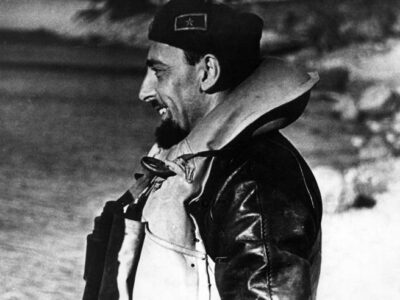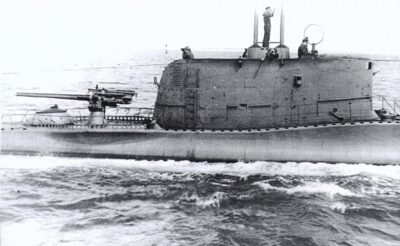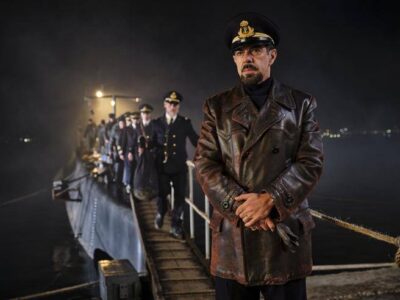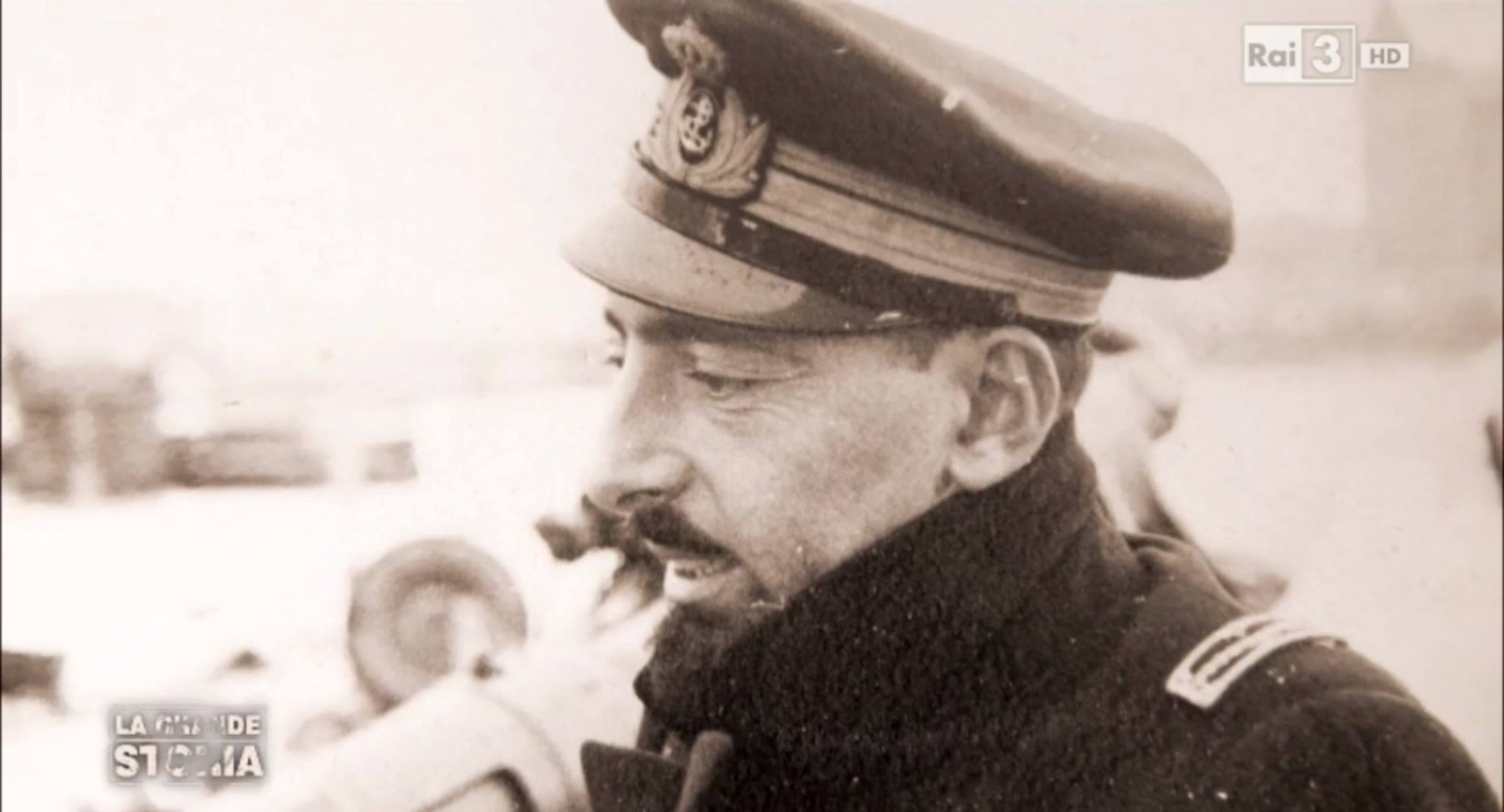Salvatore Todaro and the (IN)Humanity of Wars
His life is marked by adventurous stories that crown him as a true Hero, even bouncing in the international news. What impressed me most about this character are the moral values that animate him even in the brutality of war: “The sailor fights against enemy ships” he says, “not against men”.

With the outbreak of World War II, Todaro is pinned on as a lieutenant commander of the Italian submarine “Comandante Cappellini”. His job was to patrol the waters of the French Atlantic, tasked with obstructing enemy traffic.
Off the coast of Madeira, a small archipelago flying the Portuguese flag, he is forced into a collision with the Belgian steamer “Kabalo” carrying British aircraft parts. The ship, repeatedly struck, sinks within minutes and the survivors are several. Despite the custom of abandoning the defeated to their fate, the Italian commander does not turn his gaze away in the slightest. The survivors are thus initially towed for days on a makeshift raft, but are eventually taken aboard the submarine itself and happily landed in the Azores to the amazement of the castaways.
The rebuke of the German allies, who were known to have quite different plans with the survivors, could not fail to come. To their questions and perplexity, Commander Todaro responded by vindicating the code of honor of seafarers who, when faced with the shipwrecked, always worked for their salvation:
“We are sailors, Italian sailors, we have two thousand years of civilization and we do these
things. Because at that moment, when the ship of a hostile flag becomes sinking scrap
metal, those that the enemies wear are no longer the uniforms of another color, but the
soaked and heavy cloths of the castaways”

If the German ally initially mocked the Italian commander by calling him derogatorily “the Don Quixote of the sea” with the passage of time he was rather remembered with the appellation “Gentleman privateer”. With the story of Salvatore Todaro and his ideal of a “Fair War” (in the sense of ethically fought) in mind and what one reads and hears from newspapers and news reports regarding the Russian-Ukrainian conflict, one cannot help but ask: Is there any Humanity in war?
More than a year ago, the conflict in Ukraine began, disrupting the existence of millions of children, women and men. The war has caused staggering levels of devastation and destruction. To date, one-third of the population has been uprooted from their homes, 8 million people have been forced to leave the country and have been registered in Europe as refugees, more than 5 million are internally displaced and more than 17 million people are in need of humanitarian assistance and protection.
The question of whether war can be considered “Humane” has always been a subject of great debate, not only among philosophers or political experts, but also among ordinary people. While some believe that war is a natural and biological action that reflects human instincts of competition and dominance, many others believe that war is a manifestation of inhumanity and violence that only lead to the death of people and the destruction of communities.
Questions then arise. Is war inevitably necessary? Is it not possible to avoid conflict through diplomacy? Or perhaps trivially the thought that we are all human? Who knows what Commander Salvatore Todaro would have answered.

Carlo Vittorio Matrone


